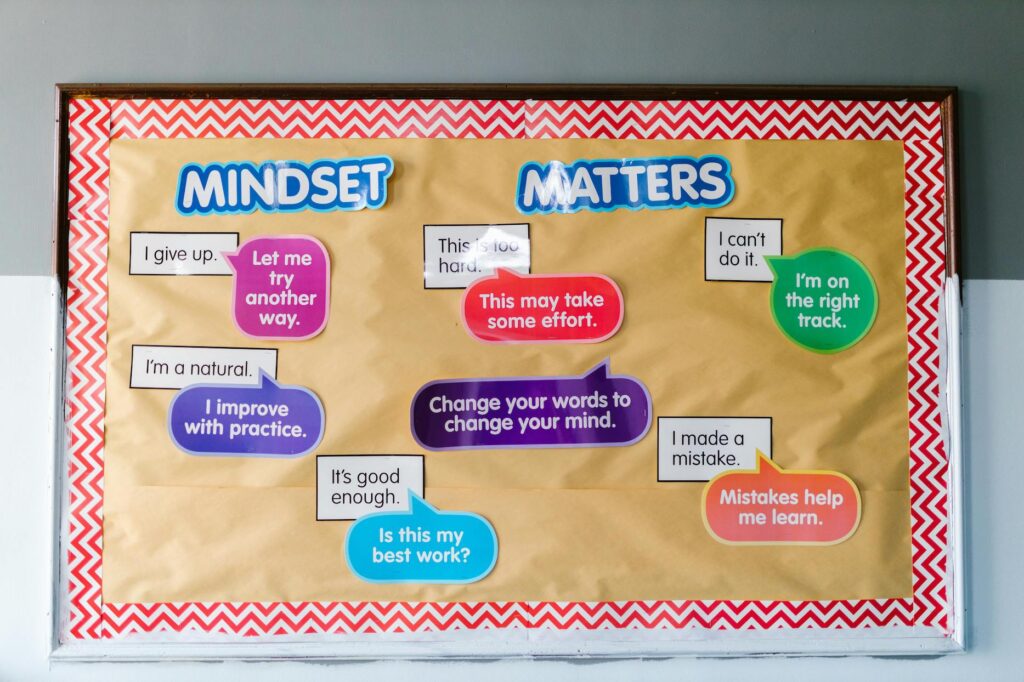In today’s fast-paced and interconnected world, the tendency to compare ourselves with others is more prevalent than ever. Social media, professional networks, and societal expectations often fuel this comparative mindset. However, constantly measuring ourselves against others can lead to negative consequences, both personally and professionally. This article explores why we should leave the comparative mindset in the past and embrace a healthier, more fulfilling approach to self-assessment and growth.

1. The Downside of Comparisons
Overview:
Comparing ourselves to others can have detrimental effects on our mental health, self-esteem, and overall happiness. It often leads to feelings of inadequacy and dissatisfaction.
Key Points:
- Negative Self-Worth: Constant comparisons can make us feel inferior and diminish our self-worth.
- Increased Stress and Anxiety: The pressure to keep up with others can lead to chronic stress and anxiety.
- Unrealistic Expectations: Social media often portrays an idealised version of reality, setting unattainable standards.
Why It Matters:
By focusing on comparisons, we undermine our own achievements and well-being, making it difficult to appreciate our unique strengths and progress.

2. Embracing Individual Growth
Overview:
Shifting from a comparative mindset to a focus on individual growth fosters personal development and satisfaction. It encourages us to set our own goals and measure progress based on personal benchmarks.
Key Points:
- Personalised Goals: Setting and pursuing goals that align with our values and aspirations rather than societal standards.
- Self-Reflection: Regularly reflecting on our progress and celebrating small victories.
- Intrinsic Motivation: Fostering an internal drive to improve and succeed, independent of external comparisons.
Why It Matters:
Emphasising personal growth helps us build a more authentic and fulfilling life, free from the pressures of comparison.

3. The Importance of Self-Compassion
Overview:
Practising self-compassion involves treating ourselves with kindness and understanding, especially during times of failure or difficulty. This approach can significantly improve our mental and emotional well-being.
Key Points:
- Kindness Over Criticism: Being gentle with ourselves instead of harshly criticising our shortcomings.
- Mindfulness: Acknowledging our feelings without judgment and understanding that setbacks are a natural part of growth.
- Shared Humanity: Recognizing that everyone experiences difficulties and that we are not alone in our struggles.
Why It Matters:
Self-compassion promotes resilience and a positive self-image, enabling us to navigate life’s challenges more effectively and with greater emotional stability.

4. Fostering a Growth Mindset
Overview:
A growth mindset, as opposed to a fixed mindset, embraces the belief that abilities and intelligence can be developed through effort and learning. This mindset shifts the focus from comparison to continuous improvement.
Key Points:
- Learning from Others: Viewing others’ successes as sources of inspiration and learning rather than benchmarks for comparison.
- Persistence: Valuing effort and persistence over innate talent or immediate success.
- Adaptability: Being open to feedback and willing to adapt strategies to achieve goals.
Why It Matters:
A growth mindset encourages a lifelong journey of learning and self-improvement, reducing the need for comparison and fostering a healthier approach to challenges and setbacks.

5. Building Supportive Communities
Overview:
Creating and participating in supportive communities can help us move away from a comparative mindset. These communities celebrate individual achievements and provide encouragement without fostering competition.
Key Points:
- Collaboration Over Competition: Fostering a culture of collaboration where members support each other’s growth.
- Mutual Support: Sharing experiences, challenges, and successes to build collective resilience and wisdom.
- Positive Reinforcement: Celebrating each member’s achievements and milestones, big or small.
Why It Matters:
Supportive communities create a nurturing environment where individuals can thrive without the pressure of comparison, leading to more meaningful and enriching relationships.

6. The Role of Gratitude
Overview:
Practising gratitude involves recognising and appreciating the positive aspects of our lives. It shifts the focus from what we lack compared to others to what we already have.
Key Points:
- Daily Gratitude Practices: Keeping a gratitude journal or regularly reflecting on things we are thankful for.
- Positive Outlook: Fostering a mindset that looks for the good in every situation.
- Appreciation: Valuing our journey and the progress we’ve made, regardless of where others are.
Why It Matters:
Gratitude enhances our overall sense of well-being and contentment, reducing the urge to compare ourselves to others and fostering a more positive outlook on life.
Conclusion
Leaving behind a comparative mindset is essential for our mental health, personal growth, and overall happiness. By focusing on individual growth, practising self-compassion, fostering a growth mindset, building supportive communities, and embracing gratitude, we can cultivate a more fulfilling and authentic life. The path to self-improvement and satisfaction lies in recognising and valuing our unique journey, free from the pressures and pitfalls of comparison.


